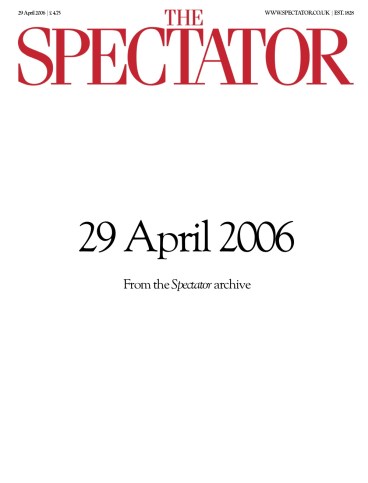How writers behave and misbehave
Oxford publishes, or has published, a number of anthologies of anecdotes relating to various professions. There is a very enjoyable one of military anecdotes, edited by Max Hastings, Elizabeth Longford’s of royal anecdotes (competing in a crowded field), and Paul Johnson’s of political anecdotes. Some professions more readily generate anecdotes than others. I could imagine

